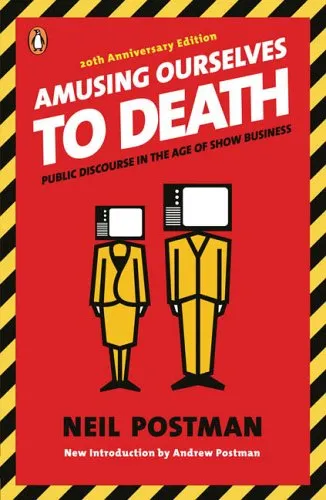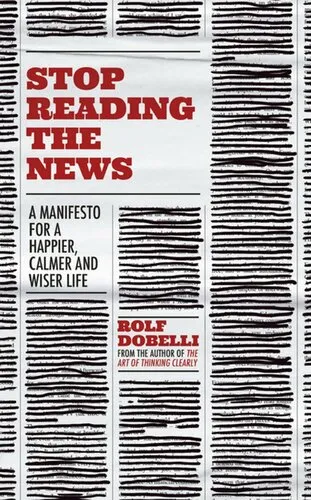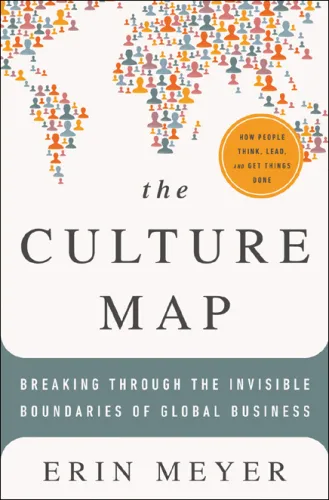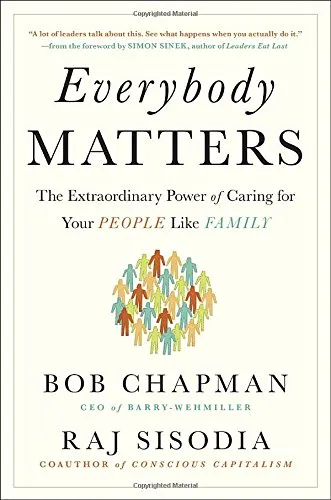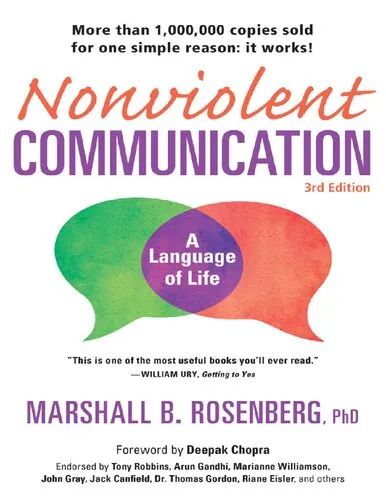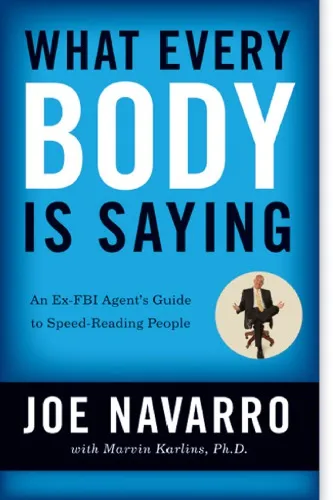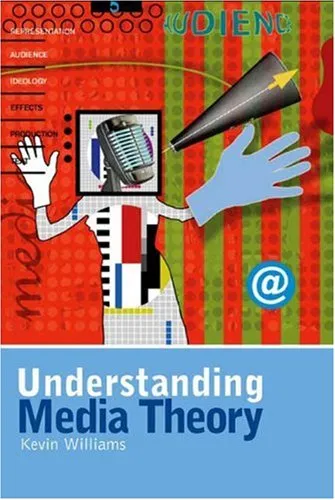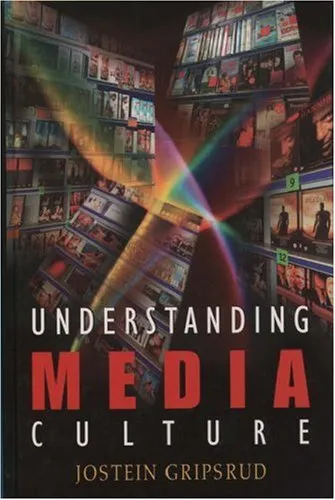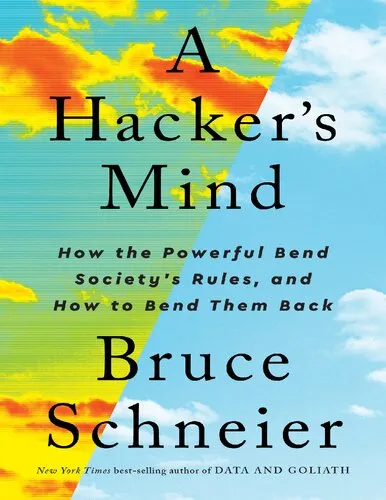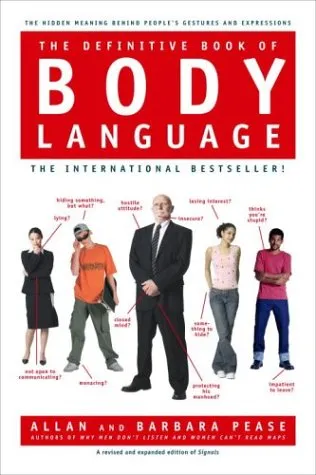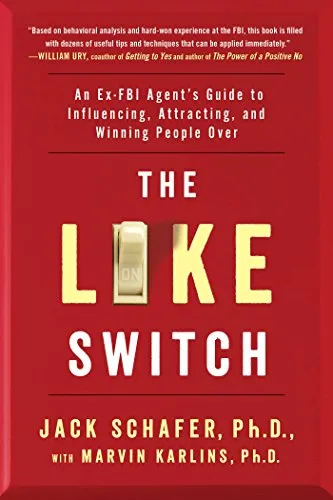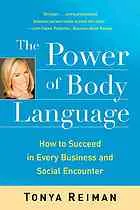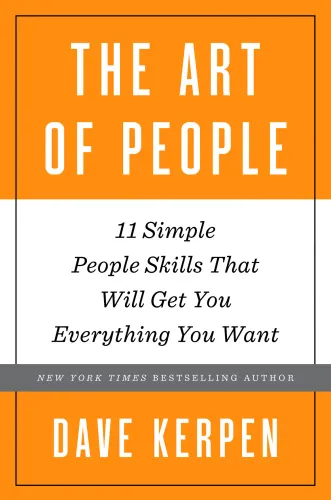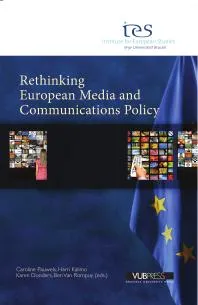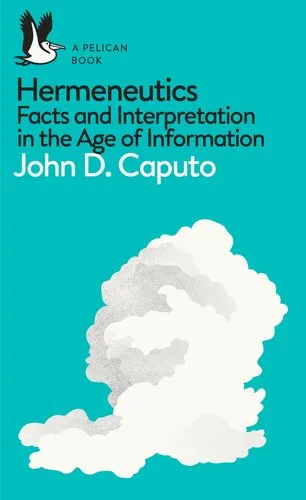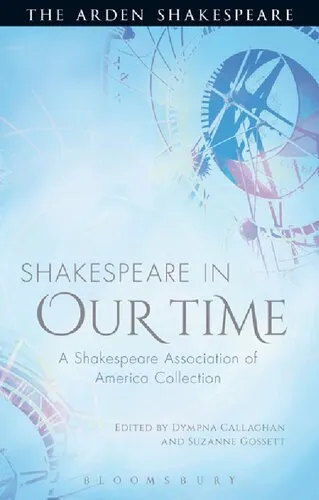Amusing Ourselves to Death: Public Discourse in the Age of Show Business
4.5
Reviews from our users

You Can Ask your questions from this book's AI after Login
Each download or ask from book AI costs 2 points. To earn more free points, please visit the Points Guide Page and complete some valuable actions.Related Refrences:
Introduction to 'Amusing Ourselves to Death: Public Discourse in the Age of Show Business'
Written by Neil Postman, 'Amusing Ourselves to Death' is a seminal work that explores the transformation of public discourse in an era dominated by media and entertainment. It delves into the impact of television and other visual media on the cultural and political life of society, raising essential questions about how we communicate and consume information. Originally published in 1985, the book remains remarkably prescient in its analysis of media's influence, prompting readers to reflect on the implications of a culture that prioritizes amusement over serious dialogue.
Detailed Summary of the Book
In 'Amusing Ourselves to Death', Neil Postman argues that television, as a medium, inherently biases the content it transmits toward entertainment, regardless of the actual subject matter. He suggests that while television can be a platform for information, its format and style inevitably dilute the depth and seriousness of public discourse. Postman examines the historical shift from a print-based society, which valued coherent and logical argumentation, to a visually-driven culture, where fragmented and sensational content reigns supreme.
The book is divided into two parts: 'Part I: The Medium is the Metaphor' and 'Part II: The Media as Epistemology'. In the first part, Postman outlines how different forms of media influence the way society perceives reality. He uses historical comparisons to illustrate how print media promoted linear and rational thinking, whereas television favors fast-paced, superficial depictions of events. In the second part, he delves deeper into the effects of television on specific institutions, such as politics, religion, education, and journalism, suggesting that their practices are increasingly shaped by the demands of show business.
Key Takeaways
- Television as a medium prioritizes entertainment value over informational content, impacting how public discourse is conducted.
- The transition from a print-based culture to a television-dominated one has profound implications on logical reasoning and critical thinking abilities.
- In a visually-oriented society, critical conversations are often replaced with trivial and spectacle-focused content.
- Important societal institutions, including politics and education, are increasingly influenced by the characteristics and demands of television media.
Famous Quotes from the Book
"We were keeping our eye on 1984. When the year came and the prophecy didn't, thoughtful Americans sang softly in praise of themselves. The roots of liberal democracy had held."
"What Orwell feared were those who would ban books. What Huxley feared was that there would be no reason to ban a book, for there would be no one who wanted to read one."
Why This Book Matters
Despite being written in the mid-1980s, 'Amusing Ourselves to Death' remains a crucial exploration of media's role in society, providing insights that are arguably more relevant today with the advent of digital and social media platforms. Neil Postman's work encourages readers to critically examine how media influences thought, governance, education, and culture. By questioning the elevation of entertainment, the book invites us to consider the broader implications of a society where amusement trumps meaningful engagement.
As we navigate an era characterized by an overwhelming flow of information and constant connectivity, Postman's analysis offers a foundational understanding of media literacy. It prompts us to consider how emerging forms of communication continue to shape and sometimes distort public discourse, making it an essential read for anyone interested in media studies, cultural criticism, or the future of democracy.
Free Direct Download
You Can Download this book after Login
Accessing books through legal platforms and public libraries not only supports the rights of authors and publishers but also contributes to the sustainability of reading culture. Before downloading, please take a moment to consider these options.
Find this book on other platforms:
WorldCat helps you find books in libraries worldwide.
See ratings, reviews, and discussions on Goodreads.
Find and buy rare or used books on AbeBooks.
1425
بازدید4.5
امتیاز0
نظر98%
رضایتReviews:
4.5
Based on 0 users review
Questions & Answers
Ask questions about this book or help others by answering
No questions yet. Be the first to ask!
